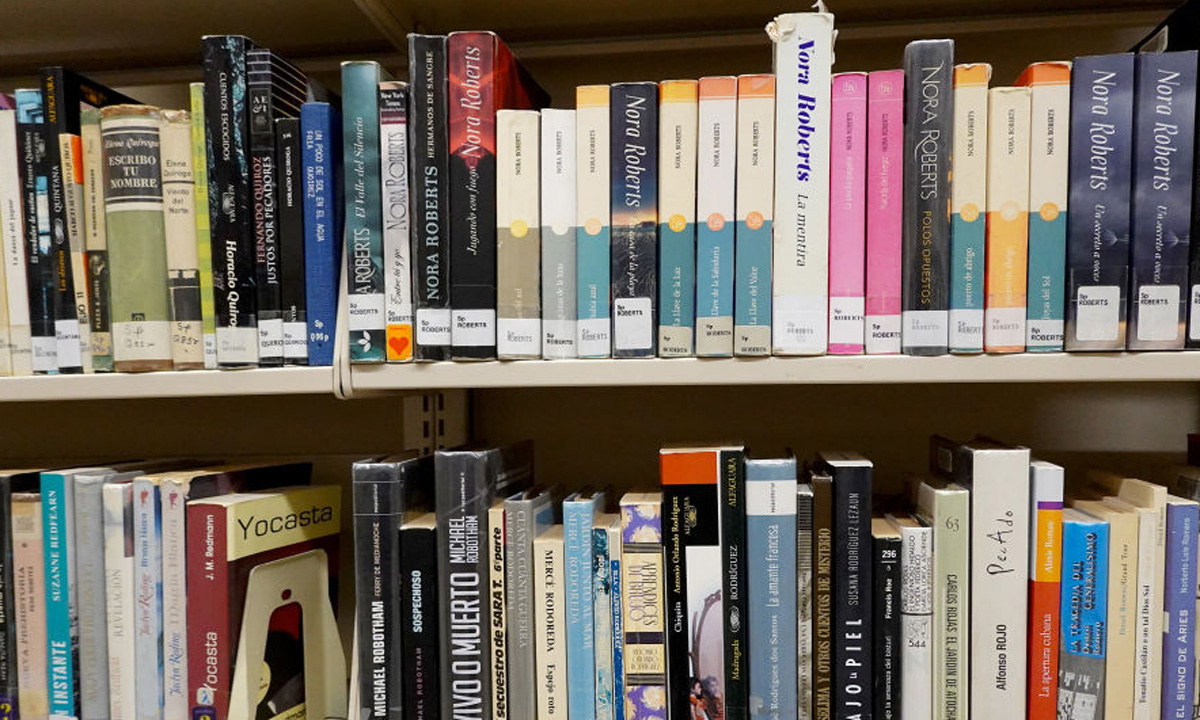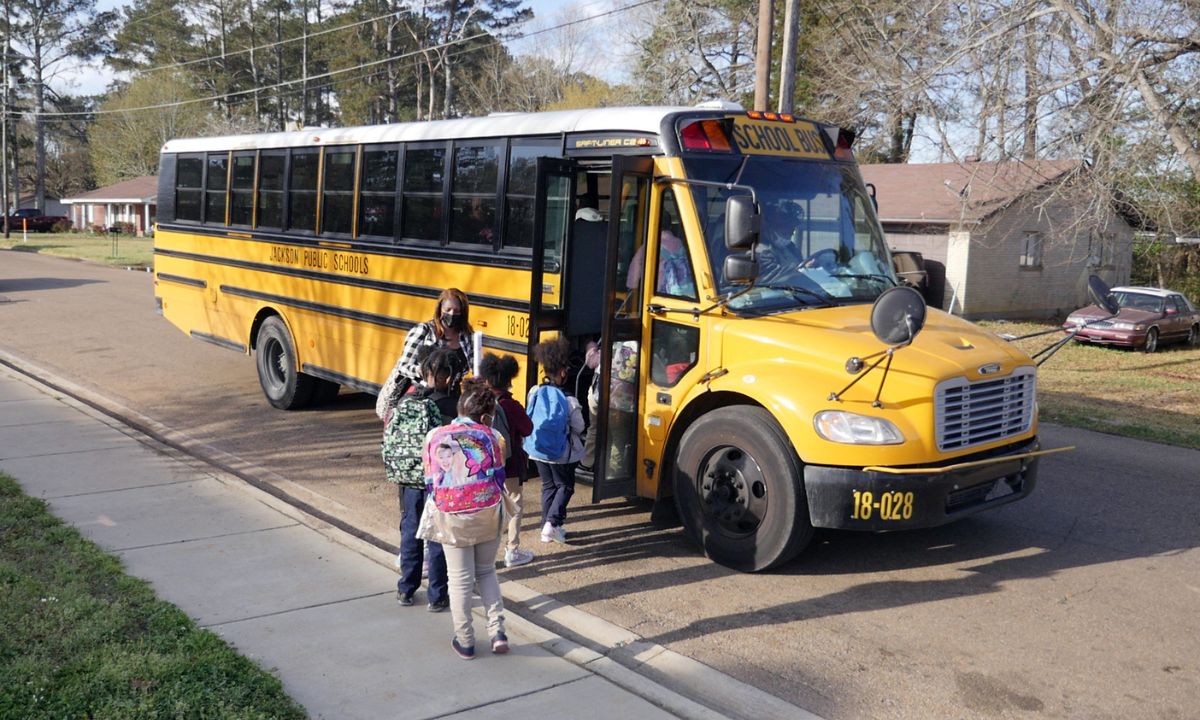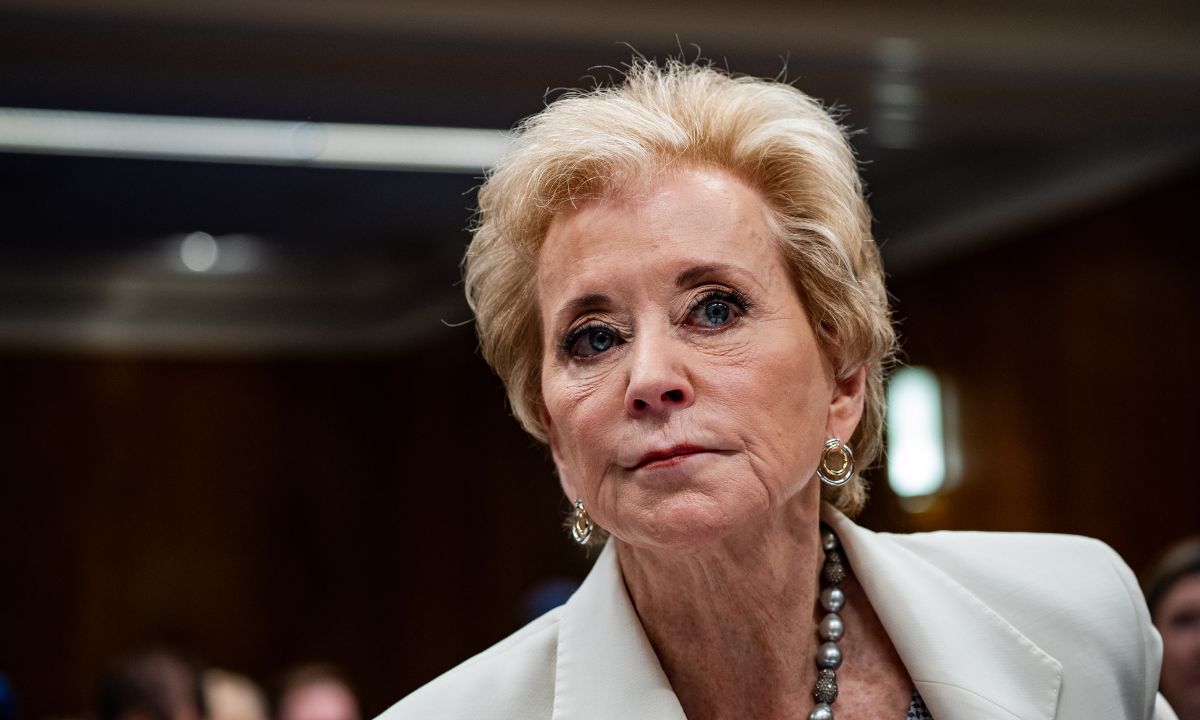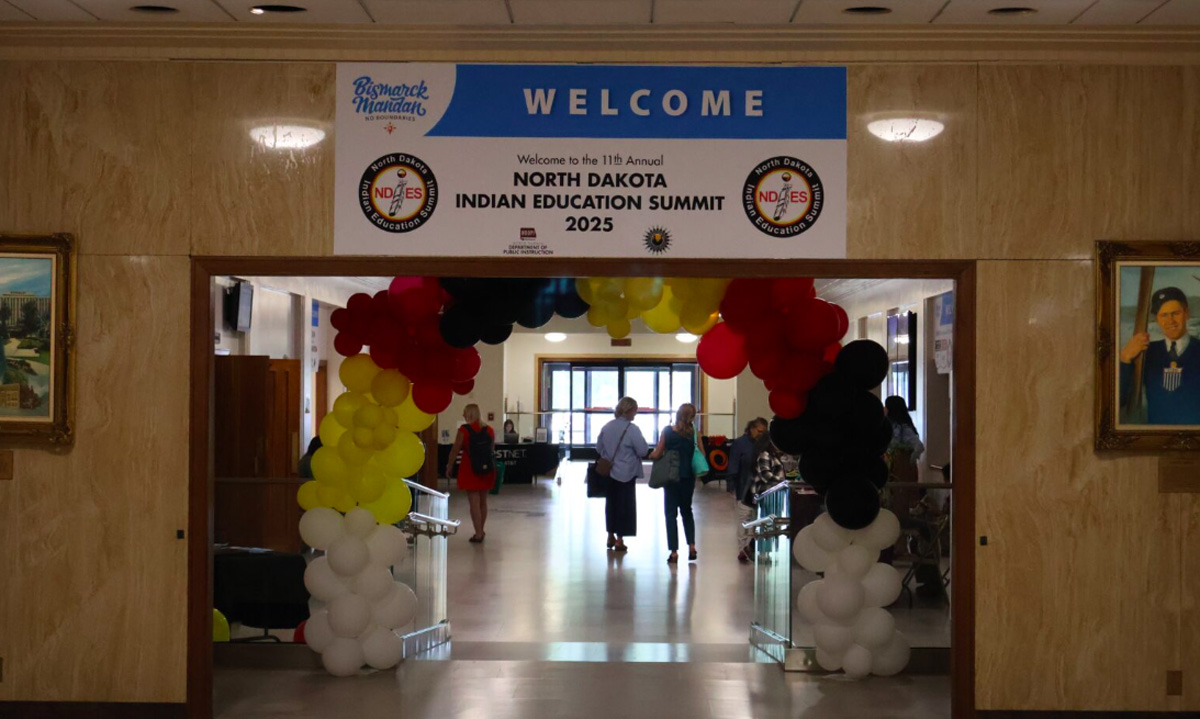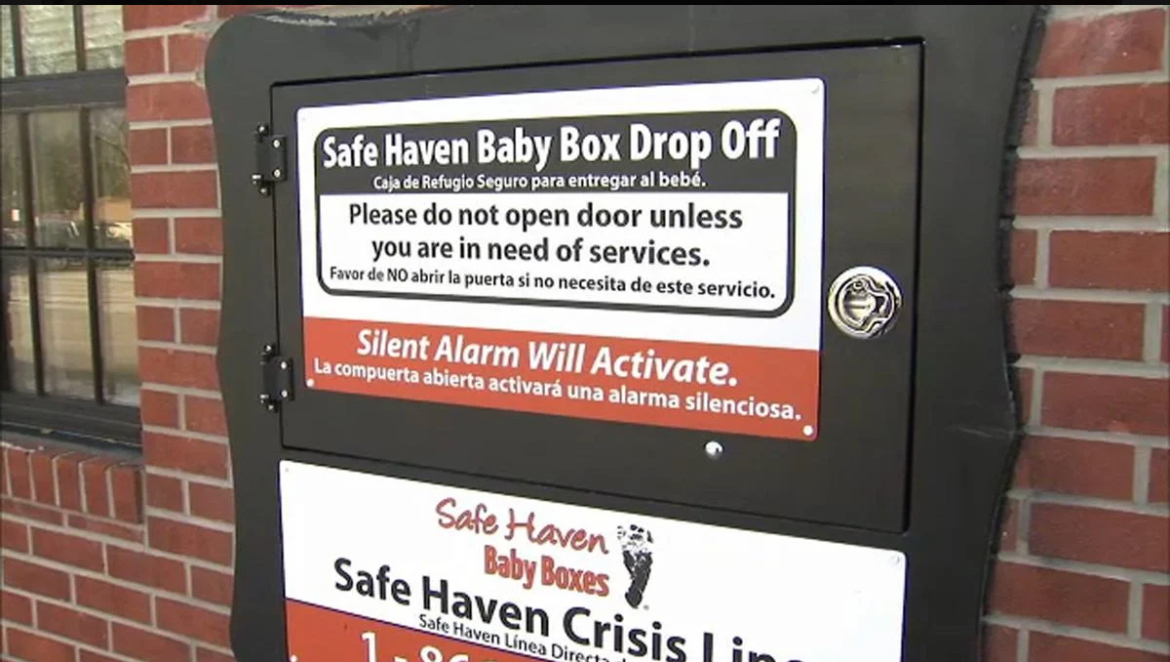According to a recent survey, state lawmakers nationwide submitted more laws in the first half of this year to protect or restrict libraries and readers than they did the previous year.
According to a survey by EveryLibrary, a nonprofit that opposes censorship and book restrictions, the division mostly occurred along geographic lines.
Legislators in 33 states introduced 133 proposals between January and July 2025 that the group determined were detrimental to libraries, librarians, or readers’ rights; this is an increase from the 121 measures introduced in 2024. As of mid-July, 14 of those proposals had been approved.
According to the research, lawmakers in 32 states simultaneously introduced 76 proposals to uphold the right to read or safeguard library services.
There is a clear regional divide between these policies.
New legislation in Southern and Plains states increasingly prohibit some librarianial practices, limit access to publications pertaining to gender and ethnicity, and provide decision-making authority to parent-led councils or politically appointed bodies.
Three comprehensive regulations were approved in Texas alone: denying educators some legal protections when they provide potentially pornographic materials; prohibiting public funding for educational materials that contain pornographic content; and granting parents greater control over their children’s reading preferences and new library additions.
Tennessee decreased the legal threshold for teachers who distribute literature that could be deemed dangerous to children.
Additionally, a New Hampshire bill that would have made it simpler for parents or the state attorney general to file civil lawsuits against school staff for disseminating content that is considered damaging to children was vetoed by Republican Governor Kelly Ayotte.
A new rule in Nebraska permits parents to receive real-time notifications each time a student checks out a book.Filtering software must be installed in South Dakota schools and libraries. In Idaho, new legislation requires stronger internet filtering practices that are linked to state funds and increases the standards for creating library districts.
On the other hand, a number of states in the Northeast have enacted anti-censorship and library and librarian protection laws.
Laws protecting people from ideological censorship in libraries have been codified in New Jersey, Delaware, Rhode Island, and Connecticut.
According to the research, Connecticut was the first state in the US to enact legislation governing the licensing and management of e-books and digital audiobooks, marking a significant advancement in the modernization of libraries in the digital age.
